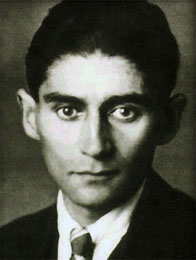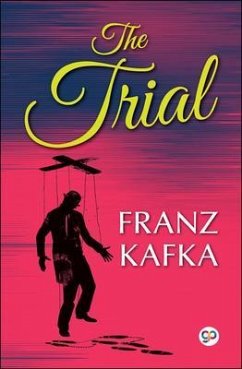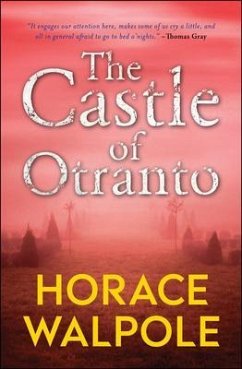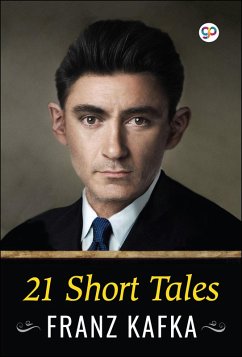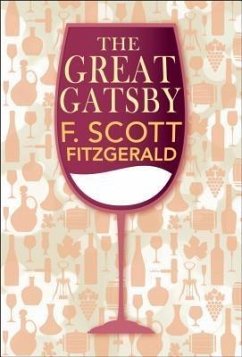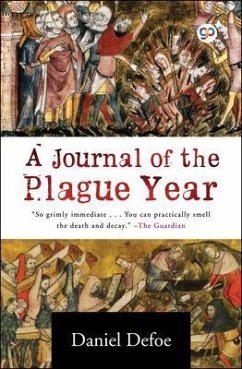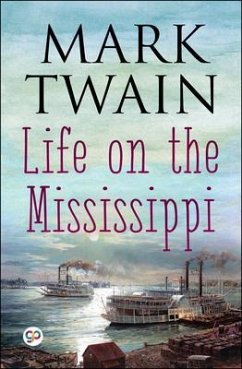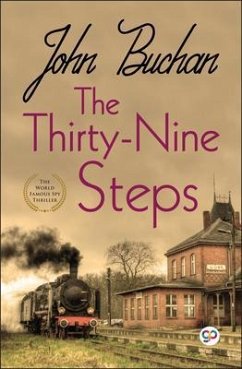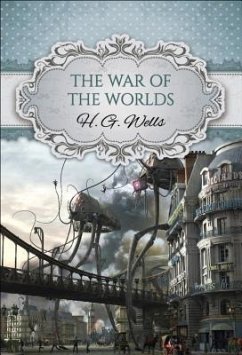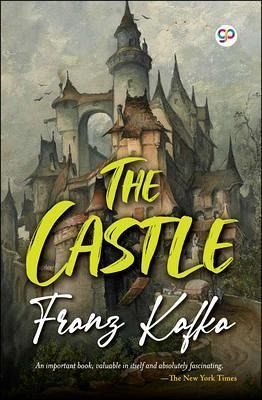
The Castle (eBook, ePUB)

PAYBACK Punkte
0 °P sammeln!
Kafka's last novel, The Castle is set in a remote village covered almost permanently in snow and dominated by a castle and its staff of dictatorial, sexually predatory bureaucrats. It is the story of K., the unwanted Land Surveyor who is never to be admitted to the Castle nor accepted in the village, and yet cannot go home. As he encounters dualities of certainty and doubt, hope and fear, and reason and nonsense, K.'s struggles in the absurd, labyrinthine world where he finds himself seem to reveal an inexplicable truth about the nature of existence. Kafka began 'The Castle' in 1922 and it was...
Kafka's last novel, The Castle is set in a remote village covered almost permanently in snow and dominated by a castle and its staff of dictatorial, sexually predatory bureaucrats. It is the story of K., the unwanted Land Surveyor who is never to be admitted to the Castle nor accepted in the village, and yet cannot go home. As he encounters dualities of certainty and doubt, hope and fear, and reason and nonsense, K.'s struggles in the absurd, labyrinthine world where he finds himself seem to reveal an inexplicable truth about the nature of existence. Kafka began 'The Castle' in 1922 and it was never finished, yet this, the last of his three great novels, draws fascinating conclusions that make it feel strangely complete.
ABOUT THE AUTHOR:
Franz Kafka was a German-language writer of novels and short stories, regarded by critics as one of the most influential authors of the 20th Century. Kafka strongly influenced genres such as existentialism. Most of his works, such as 'Die Verwandlung', 'Der Prozess', and 'Das Schloss', are filled with the themes and archetypes of alienation, physical and psychological brutality, parent-child conflict, characters on a terrifying quest, labyrinths of bureaucracy, and mystical transformations.
Kafka was born into a middle-class, German-speaking Jewish family in Prague, then part of the Austro-Hungarian Empire. In his lifetime, most of the population of Prague spoke Czech, and the division between Czech- and German-speaking people was a tangible reality, as both groups were strengthening their national identity. The Jewish community often found itself in between the two sentiments, naturally raising questions about a place to which one belongs. Kafka himself was fluent in both languages, considering German his mother tongue.
Kafka trained as a lawyer and, after completing his legal education, obtained employment with an insurance company. He began to write short stories in his spare time.
ABOUT THE AUTHOR:
Franz Kafka was a German-language writer of novels and short stories, regarded by critics as one of the most influential authors of the 20th Century. Kafka strongly influenced genres such as existentialism. Most of his works, such as 'Die Verwandlung', 'Der Prozess', and 'Das Schloss', are filled with the themes and archetypes of alienation, physical and psychological brutality, parent-child conflict, characters on a terrifying quest, labyrinths of bureaucracy, and mystical transformations.
Kafka was born into a middle-class, German-speaking Jewish family in Prague, then part of the Austro-Hungarian Empire. In his lifetime, most of the population of Prague spoke Czech, and the division between Czech- and German-speaking people was a tangible reality, as both groups were strengthening their national identity. The Jewish community often found itself in between the two sentiments, naturally raising questions about a place to which one belongs. Kafka himself was fluent in both languages, considering German his mother tongue.
Kafka trained as a lawyer and, after completing his legal education, obtained employment with an insurance company. He began to write short stories in his spare time.
Dieser Download kann aus rechtlichen Gründen nur mit Rechnungsadresse in A, D ausgeliefert werden.




